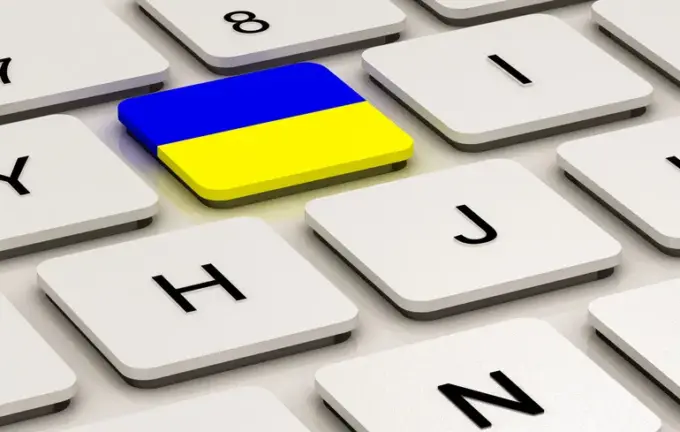How to correctly say ‘echo’ in Ukrainian: language nuances in Ukraine’s modern context

In contemporary Ukraine, especially amidst the war initiated by Russia, many Ukrainians consciously and actively rejected the use of the Russian language in everyday life.
Instead, they have chosen Ukrainian, aiming to support national identity and cultural authenticity.
However, a question arises: how to properly translate certain Russian words into Ukrainian and avoid common linguistic mistakes? A particular focus is on the word ‘echo’, which in Russian means reverberation.
In Ukrainian, the correct term is ‘луна’, which differs significantly from its Russian counterpart in many aspects.
Ukrainian linguists explain that ‘луна’ refers to: ‘the reflection of sound waves, rebounding from an obstacle, perceived as a sound heard from afar or an echo’.
This definition is supported by official dictionaries and academic sources.
At the same time, it prompts the question: why does Ukrainian lack the word ‘ехо’, while there are related terms like ‘ехолот’ and ‘ехолокатор’? Ukrainian language teacher Svitlana Chernyshova shed light on this.
She explained that ‘ехо’, borrowed from Greek, has its origins in antiquity: ‘Eho’ is a Greek nymph with a mesmerizing voice, who attracted Narcissus by repeating the last sounds in words.
According to myth, Narcissus rejected her, and since then, the image of Eho has remained in legends — she dried up, leaving only her enchanting voice.
Therefore, the word ‘ехо’ is used specifically to denote reverberation, not devices or technical concepts.
For those wishing to switch from Russian to Ukrainian, many useful tips and tricks exist to facilitate a more conscious and comfortable language transition.
Sociological data indicate that, during the war, most Ukrainians consciously declared their transition to Ukrainian, which became a form of resistance and a display of national support.
Nonetheless, fears of reverting to Russian persist, especially among passive speakers or within spheres where identity and language politics are deeply intertwined with historical and social factors.
Thus, the issue of language choice and policy in Ukraine remains acute and requires ongoing discussion and research, especially considering current challenges and societal changes.

